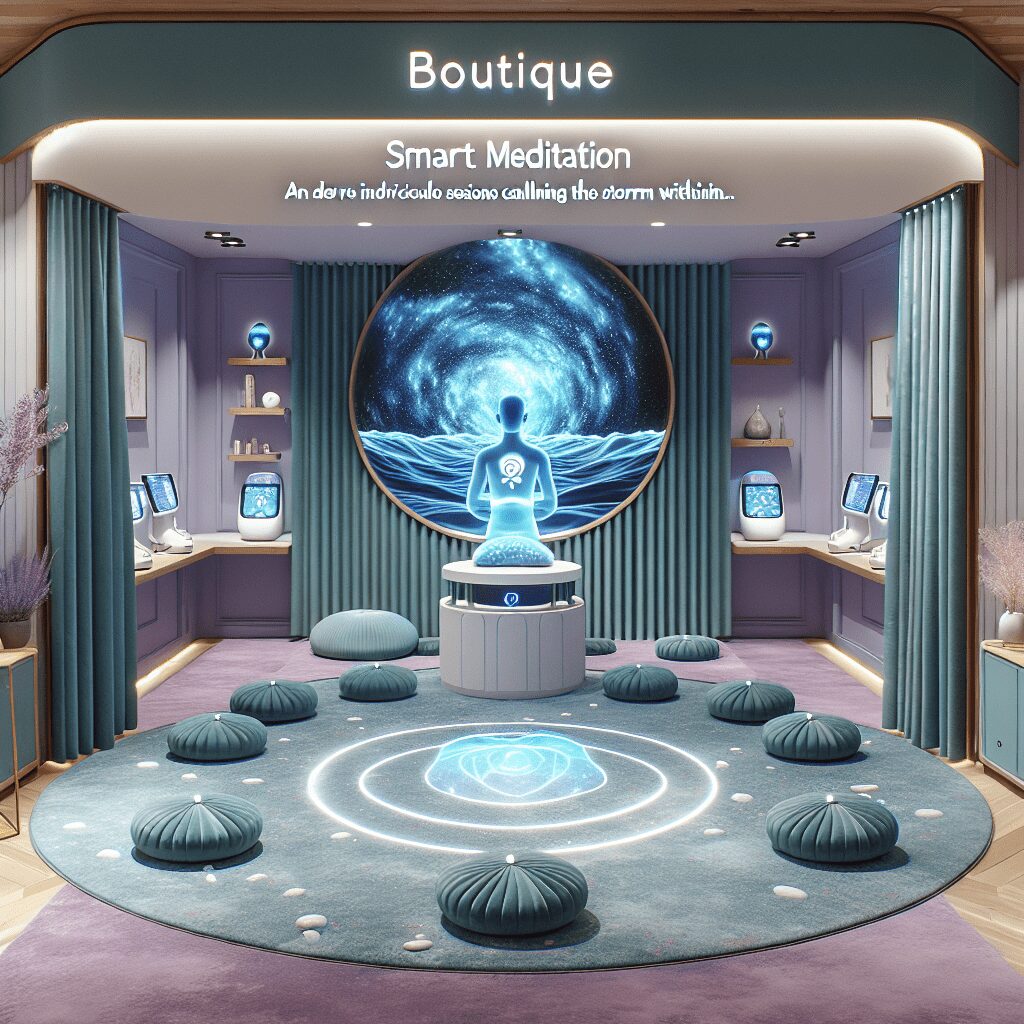
Prioritize your mental well-being daily. Enhance your life by nurturing your mental health with the Smart Meditation app. Break free from stress, alleviate anxiety, and enhance your sleep quality starting today.
Are Antidepressants A Scam?
The Great Antidepressant Debate
In the swirling vortex of mental health conversations, the question of whether antidepressants are a scam finds itself ricocheting off the walls of countless forums, blogs, and even within the hallowed halls of medical institutions. It’s a topic loaded with opinions, experiences, and, let’s not forget, a slew of scientific research that could make even the most diligent student’s head spin. So, let’s dive in, shall we? We’ll unravel this complex yarn, examining the hard facts without losing our grip on those oh-so-important human elements.
A Glimpse into the World of Antidepressants
To kick things off, let’s get our facts straight. Antidepressants are a broad class of drugs designed to treat depression by altering chemical signals in the brain, primarily focusing on neurotransmitters like serotonin, norepinephrine, and dopamine. Now, this isn’t a one-size-fits-all affair – there are SSRIs, SNRIs, MAOIs, and tricyclics, just to name drop a few. They’re like the Avengers of the pharmacy world, each with their unique powers and specific missions.
But, hold your horses, it’s not all sunshine and rainbows. The path to finding the right antidepressant can be akin to navigating a minefield in a blindfold. It’s a process riddled with trial and error, side effects that range from mildly annoying to downright debilitating, and, for some, the daunting realization that the first (or second…or third) option isn’t the charm.
The Crux of the Controversy
Now, onto the meat of the matter. Critics argue that antidepressants are overprescribed, serve as a Band-Aid solution, and come with a laundry list of potential side effects that can sometimes outweigh the purported benefits. There’s also the sticky issue of withdrawal symptoms and the fact that, for a not-insignificant number of folks, these drugs don’t provide the relief they’re seeking.
Yet, on the flip side, you’ve got a substantial body of evidence and legions of personal testimonies swearing by their life-changing impact. For many, these medications pull back the heavy curtains of depression, allowing light into previously darkened lives. They’re not just a lifeline; they’re a crucial step toward stability and well-being.
So, what gives? Are we dealing with a scam, or is this a genuine case of a medical marvel getting a bad rap?
Cutting Through the Noise
First things first, let’s nix the term “scam.” It’s a tad too heavy-handed and dismissive for such a nuanced issue. Instead, let’s acknowledge that, yes, the pharmaceutical industry is a business, one that’s not above criticism or the occasional eyebrow-raising practice. However, to paint antidepressants with the broad brush of deceit overlooks the countless individuals for whom these medications are nothing short of revolutionary.
The crux of the issue seems to rest on two pillars: appropriate prescription and informed consent. With depression’s complexity and the challenge of diagnosing mental health conditions, ensuring that antidepressants are prescribed correctly is a Herculean task. Moreover, arming patients with comprehensive information about what to expect, including potential side effects and the journey towards finding the right medication, is paramount.
To circle back, are antidepressants a scam? Far from it. But is the system surrounding their prescription and use in need of refinement? Absolutely. As with any tool in the vast arsenal of medical treatments, the key lies in targeted application, rigorous research, ongoing dialogue, and, above all, a tailored approach that prioritizes the wellbeing of each individual patient.
In the sprawling, complex tapestry of human health, antidepressants are but one thread intertwined with countless others, each requiring careful consideration and respect. The debate is far from over, but armed with knowledge, empathy, and a critical eye, we can navigate its nuances with grace and understanding.




